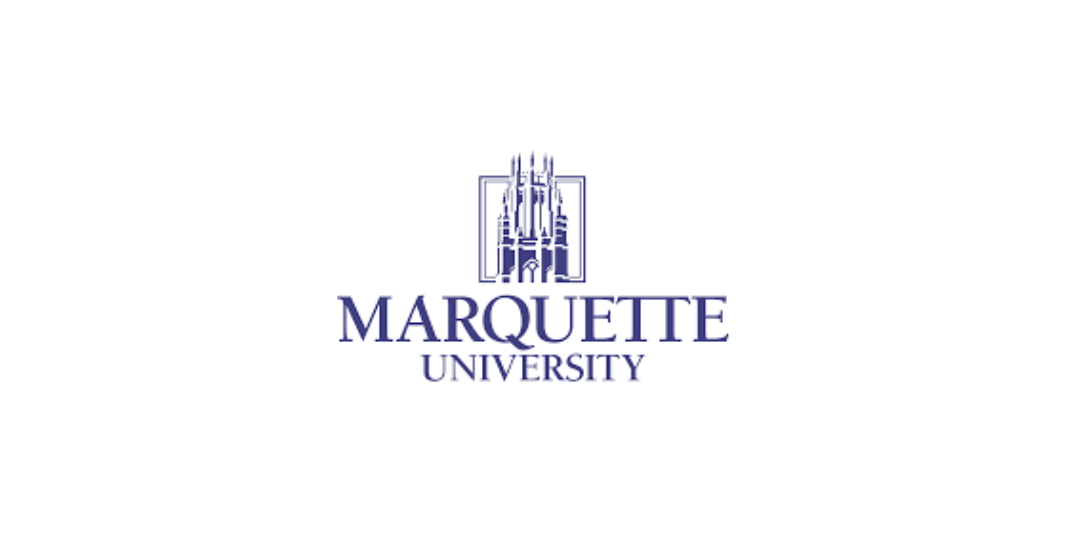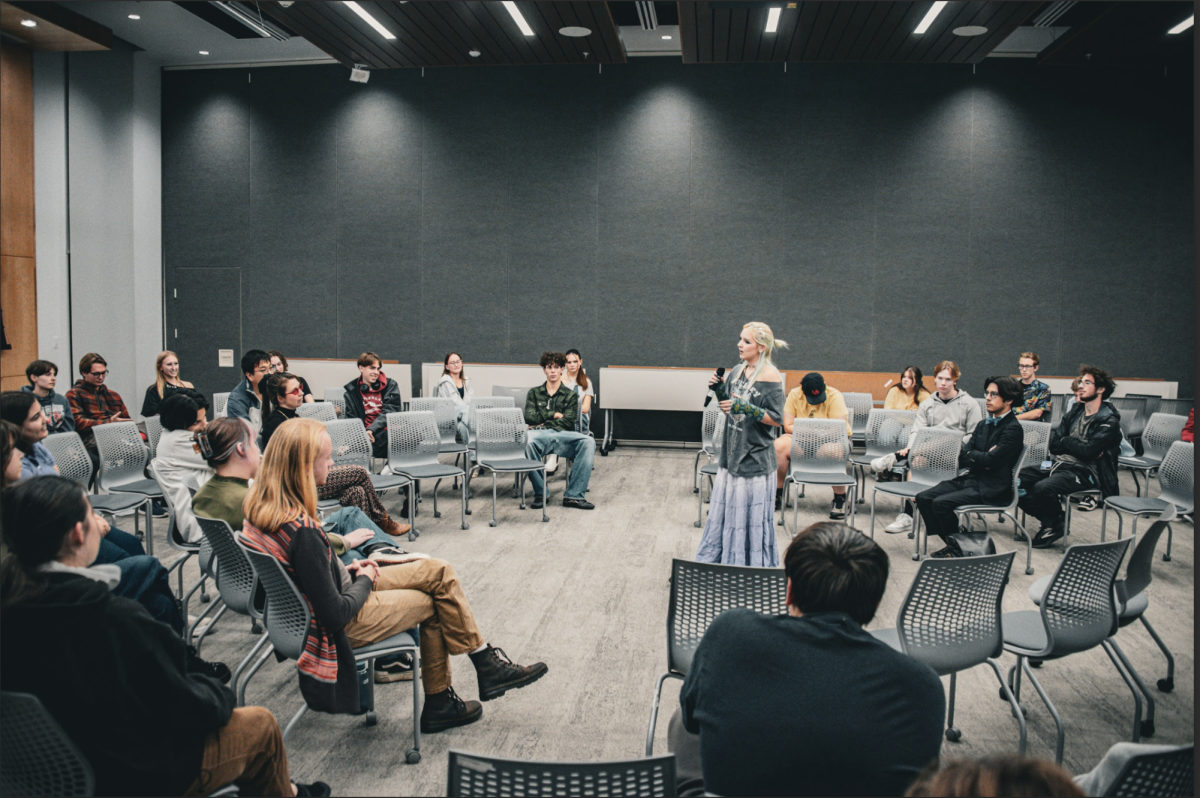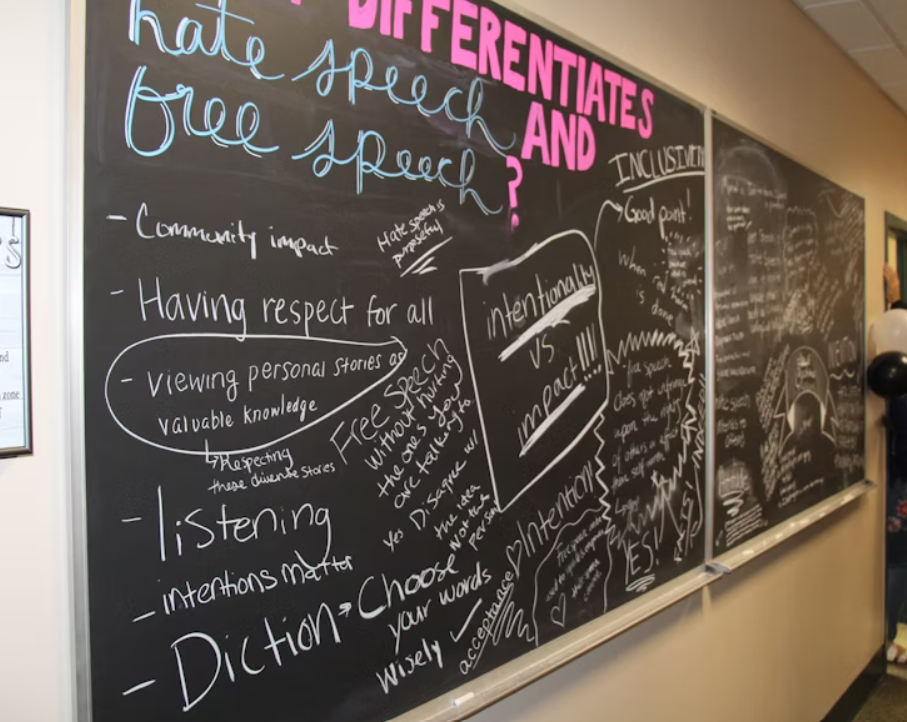At a time when American democracy is marked by division, Providence College has been quietly cultivating a different approach: teaching students, faculty, and the wider community how to speak—and listen—across lines of difference. Now entering its fourth year, the college’s Conversations for Change initiative, housed in the Dialogue, Inclusion, and Democracy (DID) Lab, is gaining national attention for its efforts to make civil discourse a daily practice rather than a lofty aspiration.
Led by Dr. Nicholas Longo, chair of Global Studies, and Dr. Quincy Bevely, vice president for Institutional Diversity, Equity, and Inclusion, the program has built an “ecosystem” of dialogue on campus. Instead of relying on one-off events, it integrates evidence-based methods of deliberation into classrooms, student life, and community engagement. With support from AVDF, the project has exceeded its goals—managing resources so effectively that Providence will continue programming into 2026 under a no-cost grant extension.
The past year illustrates how wide the reach has become. A new cohort of student Dialogue Fellows led monthly conversations on topics ranging from elections to identity and belonging. Their efforts extended into creative territory, using art forms—dance, quilting, painting, photography—as tools to draw students into difficult conversations. Faculty, too, are deeply involved. Eleven early-career professors joined a faculty learning community to weave dialogue into their courses in theology, sociology, economics, and beyond. Three such communities have been created in as many years, far surpassing original expectations.
Campus spaces themselves are being reshaped. The Lab has installed “Dialogue Walls” across campus—public boards that pose questions such as How can we come together after the election? and Where are you finding hope lately? More than 800 responses were gathered this year, sparking events and informing curriculum. Other colleges are beginning to replicate the idea, and the Lab has secured approval for a research study to measure its broader impact.
The events calendar has been equally robust. High-profile lectures by University of Chicago law scholar Brian Leiter and Notre Dame philosopher Robert Audi drew hundreds of attendees. National interfaith leader Eboo Patel spoke on pluralism and democracy, not only addressing the Board of Trustees but also engaging with students and faculty in small-group settings. Public exhibitions, book discussions, and film screenings brought students together with neighborhood residents, from local libraries to the PC-Smith Hill Annex. In one groundbreaking collaboration, Providence students exchanged reflections on democracy and justice with incarcerated learners in the College Unbound Prison Education Program—a project since highlighted by Interfaith America.
Challenges remain. The cancellation of a spring dialogue on immigration underscored the difficulty of discussing hot-button issues on campus. Yet even that setback sparked new debates in classrooms and renewed efforts to treat controversy as an opportunity for deeper learning. “Conflict,” as Dr. Longo noted, “can itself be a teacher.”
The results are resonating far beyond Providence. Faculty and student fellows are publishing in peer-reviewed journals, presenting at national conferences, and consulting with higher education associations. The Christian Science Monitor, Times Higher Education, and EdSurge have all highlighted the initiative.
Three years in, Conversations for Change has evolved from a promising pilot into a signature feature of Providence College’s identity. By embedding dialogue into courses, student leadership, and community partnerships, it is preparing graduates not only for careers but also for citizenship in a fractured democracy. In doing so, Providence is showing what it looks like for a college to embody the principle it teaches: that democracy depends not just on winning arguments, but on sustaining them with respect, openness, and imagination.
Back to all Stories


